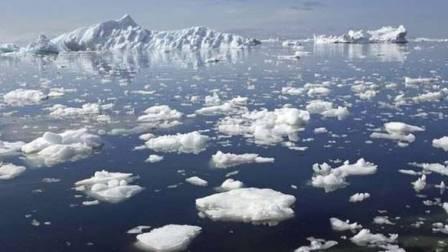
The National Centre of Polarand Ocean Research (NCPOR) has found a dramatic decline in the Arctic sea ice due to global warming. The decline of sea ice has led to localized increase in evaporation, air humidity, cloud cover, and rainfall. Arctic sea ice is a sensitive indicator of climate change and has strong retaliatory effects on other components of the climate system.
Daily Current Affairs Quiz 2020
Key-Points
NCPOR has noted that the largest decline in Arctic sea ice in the past 41 years happened in July 2019.
In the last 40 years (1979-2018), the sea ice has been declining at a rate of ‘-4.7%’ per decade, while its rate was found to be ‘-13%’ in July 2019.
According to NCPOR, if this trend continues, there would be no ice left in the Arctic sea by 2050, which would be dangerous for humanity and the entire environment.
The study has also pointed out that the decrease of the Arctic sea ice area and the increase in the duration of summer and autumn seasons have affected the local weather and climate over the Arctic Ocean and its marginal seas.
Being a sensitive indicator of climate change, the loss of ice cover in the Arctic sea has had strong feedback effects on other components of the climate system such as prevention or reduction of heat and momentum, water vapour, and other material exchange between the atmosphere and the sea.
The worrying element to note is that the volume of ice formation during winters is unable to keep pace with the volume of ice loss during summers.





